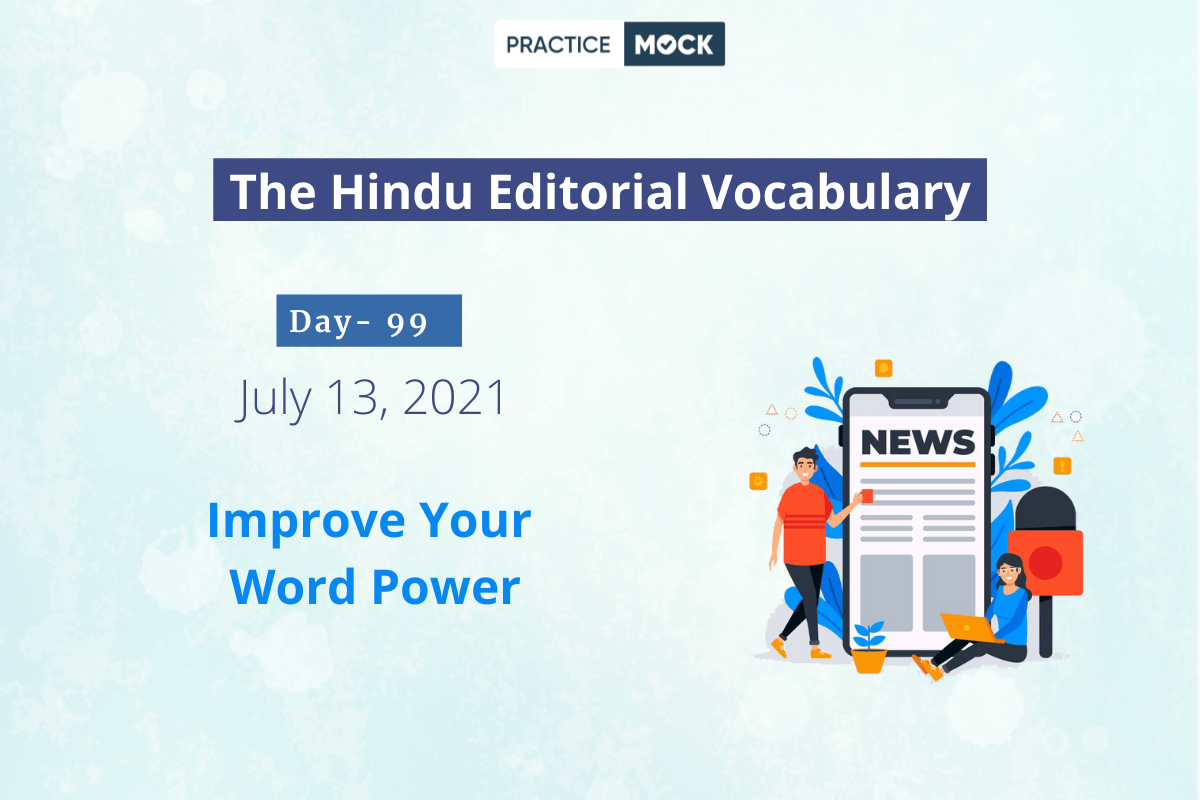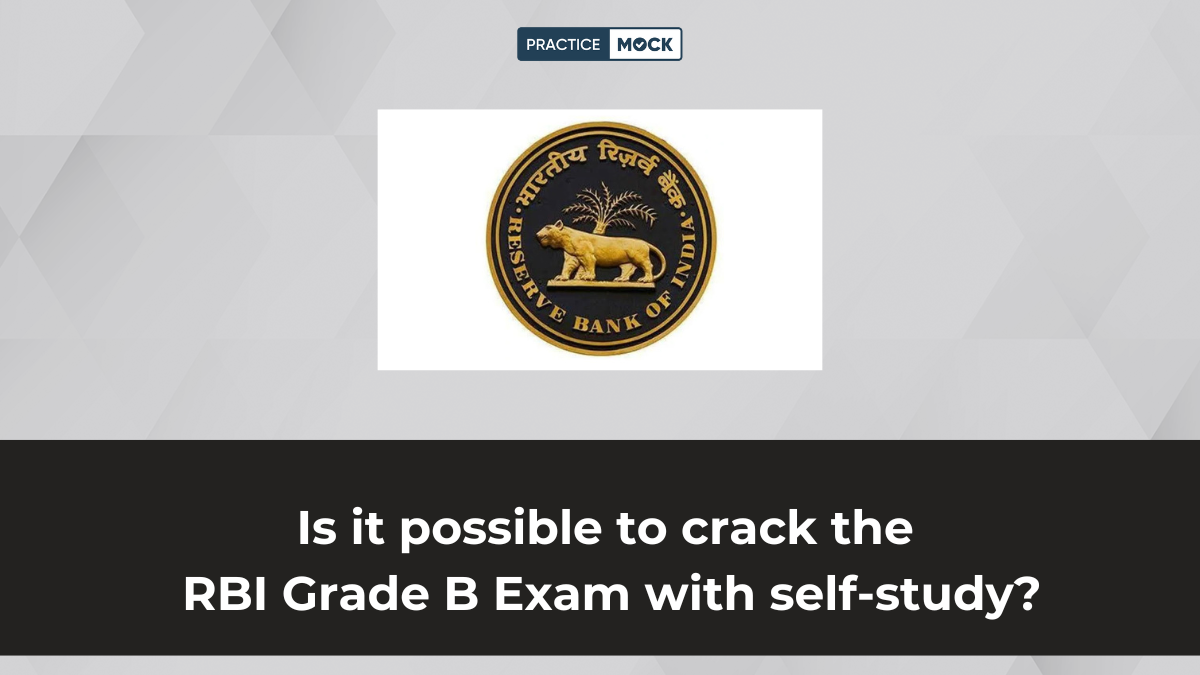

We hope that these editorial articles are helping you in your exam preparation. This series of Editorials’ Difficult Words will help you to understand the editorials of The Hindu in a better way. Today we have come up with the explanation of difficult words/phrases of the below editorial. Have a look and update your word power & general awareness by going through this editorial.
| Difficult Word/ Phrase | Contextual Sense |
| Replete | filled or well-supplied with something |
| Plotline | the course or main features of a narrative such as the plot of a play, novel, or movie |
| Plumb the depth | to experience a lot of (something) |
| Reductionist | analyzing and describing a complex phenomenon in terms of its simple or fundamental constituents |
| Dogmatic | being certain that your beliefs are right and that others should accept them, without paying attention to evidence or other opinions |
| Midfield | the middle area of a sports field, esp. the area midway between the two goals |
| Verve | vigor and spirit or enthusiasm |
| Nous | common sense; practical intelligence |
| Acumen | the ability to make good judgments and quick decisions, typically in a particular domain |
| Defunct | no longer existing or functioning |
Redemption road: On Euro 2020
Despite the violence of English fans, Euro 2020 will be remembered for good football
Sport is replete (filled or well-supplied with something) with redemption stories. Teams wrestling with their pasts before swimming towards the light make for compelling plotlines (the course or main features of a narrative such as the plot of a play, novel, or movie). But for giant footballing countries, success following failure is more of a sequence and less of a narrative. This millennium, Germany and France have plumbed the depths (to experience a lot of (something)) before rising to become world champions. But Italy’s redemption story at Wembley on Sunday, a penalty shoot-out victory over England to secure only its second-ever European Championship, should not be seen through such a reductionist (analyzing and describing a complex phenomenon in terms of its simple or fundamental constituents) lens. The triumph represents the transformation of a proud, but dogmatic (being certain that your beliefs are right and that others should accept them, without paying attention to evidence or other opinions), footballing nation into a modern, forward-looking side, with the singular aim of coming out of one of its darkest chapters — of not qualifying for a World Cup (2018) for the first time since 1958. In the process, Roberto Mancini’s outfit also cleared the fog that had settled over international football. Built around the midfield (the middle area of a sports field, esp. the area midway between the two goals) abilities of Jorginho, Marco Verratti and Lorenzo Insigne, and the pace and drive of Federico Chiesa and Leonardo Spinazzola, Italy played with verve (vigor and spirit or enthusiasm). Veteran defenders Giorgio Chiellini and Leonardo Bonucci ensured it also displayed old-school nous (common sense; practical intelligence). Together with the goal-keeping brilliance of Gianluigi Donnarumma — player of the tournament — the Azzurri beat No.1 ranked Belgium, No.6 Spain and No.4 England back-to-back to claim their first major trophy since the 2006 World Cup.
Italy, no doubt, had a generation of players schooled in progressive methods since their youth, but Mancini’s tactical acumen (the ability to make good judgments and quick decisions, typically in a particular domain) stood out. The 56-year-old’s handling of the loss of key personnel was smart, as was his role in shaping Italy’s response after England went a goal ahead and threatened to end its own trophy drought of 55 years. In contrast, Germany suffered under outgoing coach Joachim Low’s defunct (no longer existing or functioning) ideas, while a complacent France blew a 3-1 lead against Switzerland and crashed out. Luis Enrique’s Spain, though, impressed, despite falling to Italy over penalties in the last four. Barcelona’s Pedri proved a gem and the 18-year-old midfielder was duly named the young player of the tournament. Cristiano Ronaldo won the Golden Boot (5 goals, 1 assist) but was far from the driving force he usually is for Portugal, the 2016 winner. Denmark, by reaching the semifinal despite the traumatic exit of Christian Eriksen, showcased its collective spirit. The only discordant notes in an otherwise excellent competition were English fans’ violent behaviour on the final day and the racist attacks on players who erred in the penalty shoot-out. But in the long run, Euro 2020 will be remembered for restoring Italian football, reinvigorating international football and proving mildly therapeutic to fans worldwide amidst an unending, exhausting pandemic.
Hope you got to know some new words/phrases which will definitely be useful in the English section of upcoming competitive exams. Wishing you all the best for your preparation!
Want to improve your vocabulary further? Download the Lists of Word-Meanings of Previous Months here.
Recent Posts
Career Growth and Promotions for RBI Grade B Officers
Learn about the career growth and promotion structure for RBI Grade B officers and how…
300+ Reasoning Important Questions For BOB Apprentice 2025 Exam
In this article we are providing the 300+ Reasoning Important Questions For the BOB Apprentice…
Step-by-Step Preparation Strategy for PNB SO 2025 Exam
In this article we are providing the Step-by-Step Preparation Strategy for PNB SO 2025 Exam,…
IBPS PO Syllabus 2025, Check Prelims & Mains Detailed Syllabus
IBPS PO Syllabus 2025 will be released along with a notification pdf. Candidates can check…
What is the probation period for RBI grade B officers?
Learn about the RBI Grade B probation period, its importance, and how it shapes officers'…
IBPS SO Syllabus 2025, Check Prelims & Mains Pattern and Syllabus
IBPS SO Syllabus 2025 will be released on the official website. Candidates can check Prelims…



